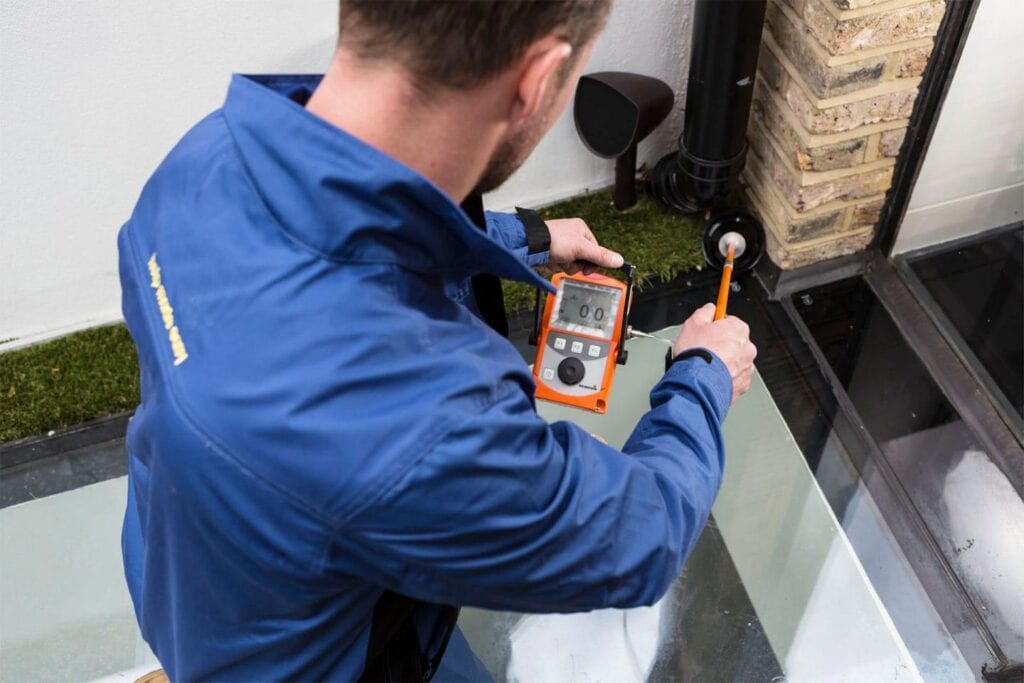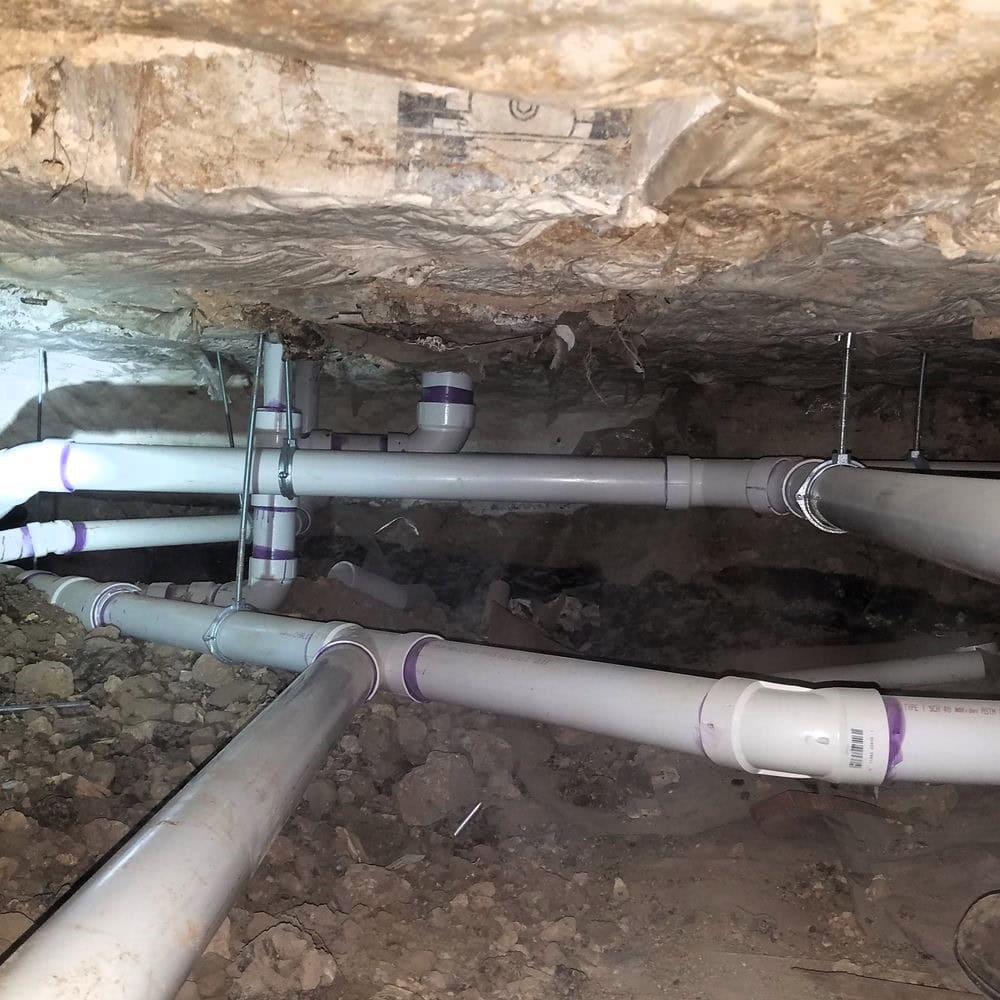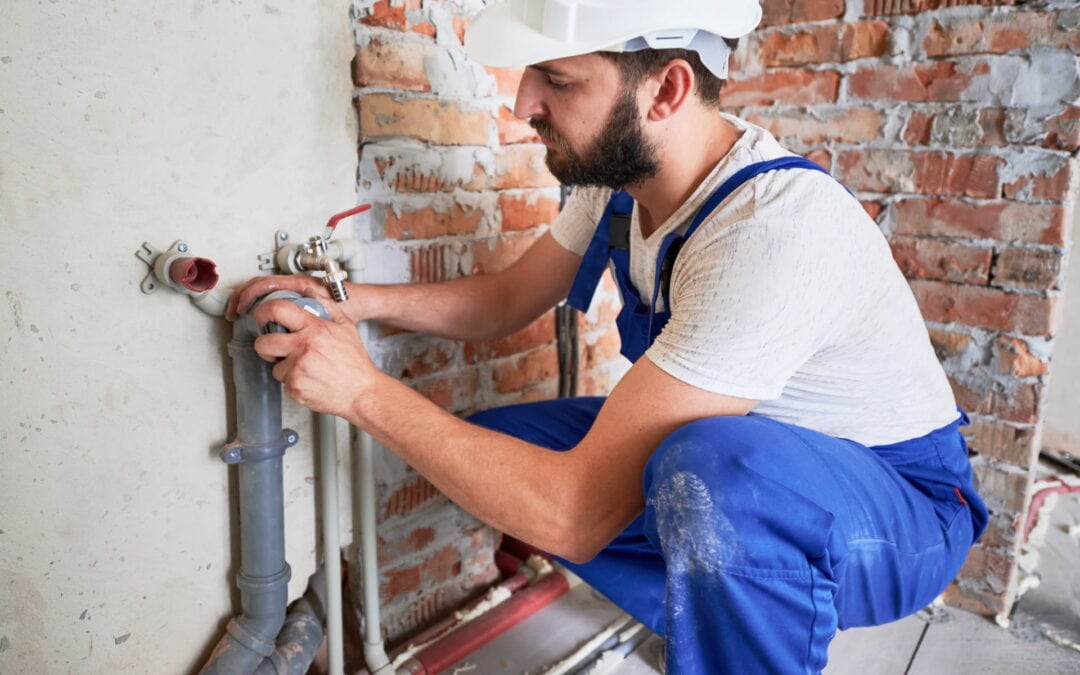Regular plumbing inspections are not merely a routine check; they are a vital part of maintaining the structural integrity and functionality of any home or business. These inspections help identify potential problems before they escalate into major disasters, ensuring the longevity of your plumbing system and the safety of your property. In this article, we will explore why regular plumbing inspections are crucial and what benefits they offer to both homeowners and business owners.
Benefits of Routine Plumbing Checks
One might wonder, why invest time and resources into regular plumbing inspections? Well, the answer lies in the preventive capabilities these inspections offer. Often, plumbing issues, when caught early, can be resolved with minimal cost and disruption:
- Preventing Major Failures: Regular checks can spot early signs of wear and tear, allowing for repairs before issues become severe.
- Cost Savings: Early detection typically leads to cheaper repair costs compared to addressing major plumbing failures.
- Enhancing System Longevity: Routine maintenance ensures your plumbing system operates optimally for a longer period.
A generic example of the efficacy of regular inspections can be drawn from a recent incident where a small leak in a business complex was caught during a routine check. This early detection saved the business from a potential flood, which would have resulted in significant financial loss and operational downtime.
Signs You Need a Plumbing Inspection
Recognizing the signs that indicate a need for a plumbing inspection can save you a lot of trouble. Here are some indicators that it might be time to call a professional:
- Unexpected Increase in Water Bill: This could suggest hidden leaks.
- Changes in Water Pressure: Sudden drops in pressure could indicate a blockage or pipe damage.
- Unusual Noises from Pipes: Banging or whistling sounds can be signs of air in the pipes or worse.
What Plumbers Look for During Inspections
When a professional plumber conducts an inspection, their examination is thorough and focused on several critical areas:
- Leak Detection: Plumbers check for any signs of moisture that could indicate leaks.
- Pipe Condition: They assess the condition of visible pipes for any signs of corrosion or damage.
- Drainage Efficiency: Checking for slow drains which can suggest blockages.

How Often Should You Schedule Plumbing Inspections
The frequency of plumbing inspections can depend on several factors, including the age of your property and its usage patterns:
- Older Homes: At least once a year due to older pipes and systems.
- Commercial Properties: More frequently, as they endure heavier usage.
- New Homes: Initially less frequent, but regular checks are advisable as the property ages.
Choosing the Right Plumber for Inspections
Selecting the right plumber is crucial for ensuring that your inspections are done professionally and thoroughly. Here are some tips on choosing the best:
- Check Qualifications and Licensing: Ensure they are certified and licensed.
- Read Reviews: Look for plumbers with positive reviews and good customer feedback.
- Ask for Recommendations: Often, the best plumbers come highly recommended by friends or family.
Impact of Neglected Plumbing on Home Value
Neglecting plumbing maintenance can have a substantial negative impact on the value of your property:
- Lower Home Appraisal Values: Potential buyers are often deterred by the prospect of pending repairs.
- Increased Insurance Premiums: Chronic issues can lead to higher home insurance costs due to increased risk.

Case Studies of Preventative Plumbing Success
There are numerous cases where preventative plumbing maintenance has saved property owners from costly repairs. For instance, during a routine inspection, a plumber might find a small leak in an under-sink pipe and fix it immediately, which could otherwise have led to significant water damage over time.
Key Takeaways from Regular Plumbing Inspections
Regular plumbing inspections are an essential aspect of property maintenance that should not be overlooked. They provide significant benefits including:
- Preventing expensive and extensive damage.
- Ensuring the plumbing system functions efficiently.
- Maintaining the property’s value and safety.
FAQs About Plumbing Inspections
- What does a plumbing inspection include?
- A plumbing inspection includes checking all accessible pipes, fixtures, and connections for leaks, corrosion, and proper function.
- How long does a typical plumbing inspection take?
- It usually takes between one to three hours, depending on the size of the property and the complexity of the system.
- Can a plumbing inspection increase my home’s resale value?
- Yes, regular inspections and well-maintained plumbing can be a selling point, potentially increasing your home’s resale value.
- What is the best time of year to schedule a plumbing inspection?
- Before the winter months is ideal, especially to prevent issues like frozen pipes.
- Should I be present during the inspection?
- It’s not necessary, but being present can be beneficial as you can immediately understand the plumber’s findings and recommendations.
By integrating these practices into your maintenance routine, you can significantly enhance the functionality and longevity of your plumbing system, while safeguarding your property’s value and operation.

